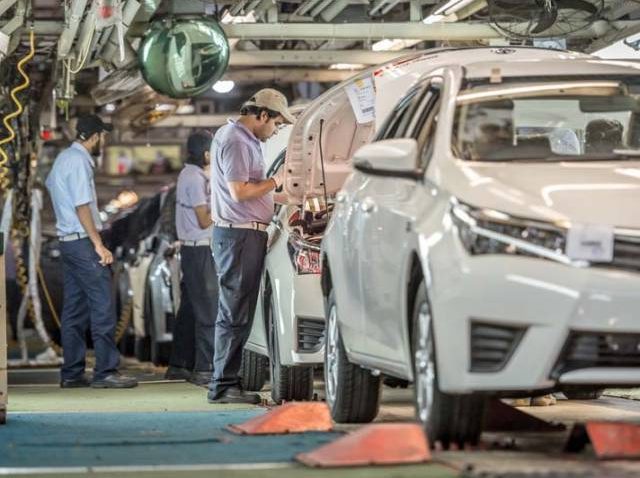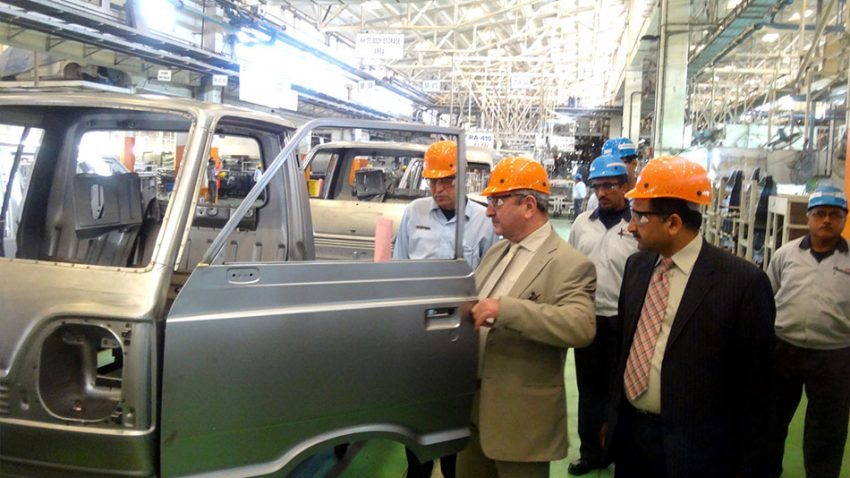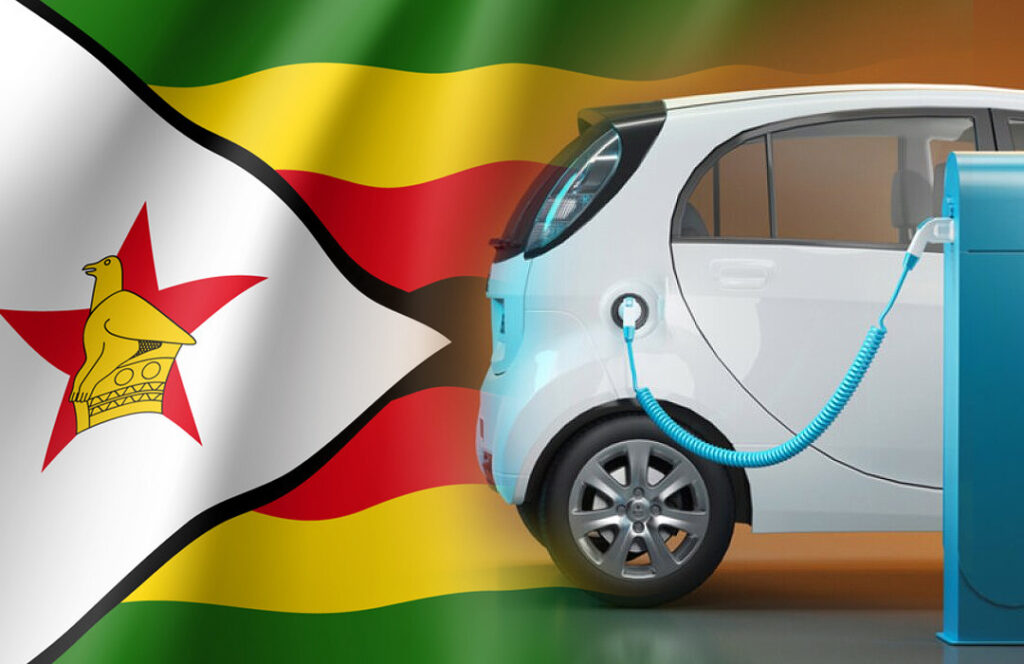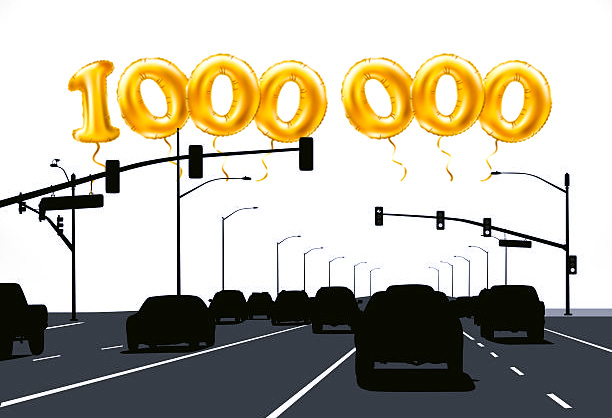The Economic Advisory Group (EAG) has noted that new automobile policy is a repetition of the mistakes committed for over 40 years in automobile industry by applauding market-seeking FDI (foreign direct investment) and establishment of assembly plants, which are the lowest components of the entire value chain, least profitable and do not enable transfer of technology.
Supported by PRIME, an independent think tank, the EAG is an informal association of individuals drawn from economics, policy and the private sector that deliberates regularly on economic developments and shares its views with the government and the public. The independent EAG met to review the industrial policy and reforms being pursued by the government, especially in the automobile and telecom industries and observed that the past and contemporary policies have been focused on merely establishing assembly units, instead of developing manufacturing capacity, which is the real driver of growth in an economy; consequently, the inflow of FDI has been limited compared to profits earned and repatriated out of the country.

Furthermore, the efforts of the government to entice FDI in the automobile and telecom sectors in the form of assembly units depended on incentives such as tariffs and subsidies. The protection provided to make these industries competitive is based on assumptions of latent comparative advantage, without any utilization of tools such as Mill and Bastable Tests, which guide decision makers regarding the efficacy and compatibility of protection. The rationale behind protection is to provide an opportunity for subsequent research and innovation in technology to augment efficiency, which has never happened in the case of Pakistan.
Related: Low Localization and the Need to Shift to EVs
The existence of market failures and externalities justify government intervention in the form of initial protection to make sectors competitive at the global level, but continuous protection does not equip industries to become efficient and leads to consumer and welfare losses due to higher prices. In fact, protection for any length of time has proved to be deadly, as lobbies have worked hard to ensure that it is never removed, so that industries stay infants forever. The globalized and value-chain based world of today requires rapid and systematic removal of protection so that a country is forced to identify and operate in its area of comparative advantage or risk being delegated to producing a miniscule share of global value addition. In the context of the new auto policy, the decrease in the tariffs on CKDs, as envisaged in Finance Bill 2021-22, which will be imported into the country and then assembled, in reality, discourages domestic auto-part makers because imported items are being subsidized against domestic production. This implies that relative profits will be higher in the assembly business as compared to the auto-parts manufacturing business, which will gradually reduce the linkage between auto assemblers and domestic auto-part makers.

The auto industry has not been able to scale as the domestic market is too small due to demand being squeezed through protectionist policies. Pakistan is also not sufficiently connected to the international industrial community to enable transfer of knowledge and technology. The country has more incentives to scale domestic auto-parts rather than the assembled finished goods because the former has a higher demand due to utilization in new and used cars.
Related: Auto Parts Vendors Criticize Assemblers for Low Localization & Higher Prices
The EAG has asked for comprehensive review of the upcoming policies through economic modelling is required before their implementation, to ensure consumer and overall economic welfare.
Full Story: The News

A computer animation professional with over 23 years of industry experience having served in leading organizations, TV channels & production facilities in Pakistan. An avid car enthusiast and petrolhead with an affection to deliver quality content to help shape opinions. Formerly written for PakWheels as well as major publications including Dawn. Founder of CarSpiritPK.com




